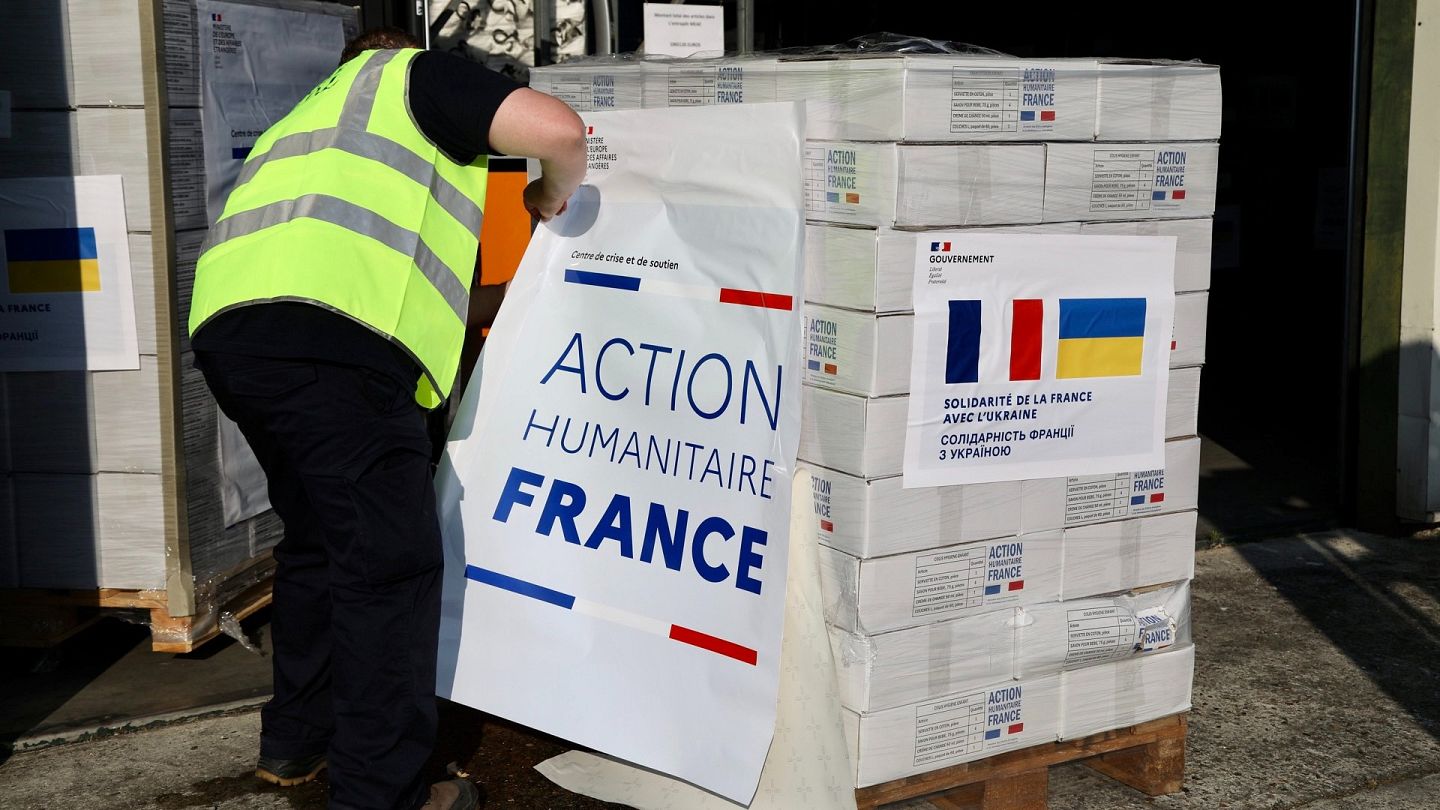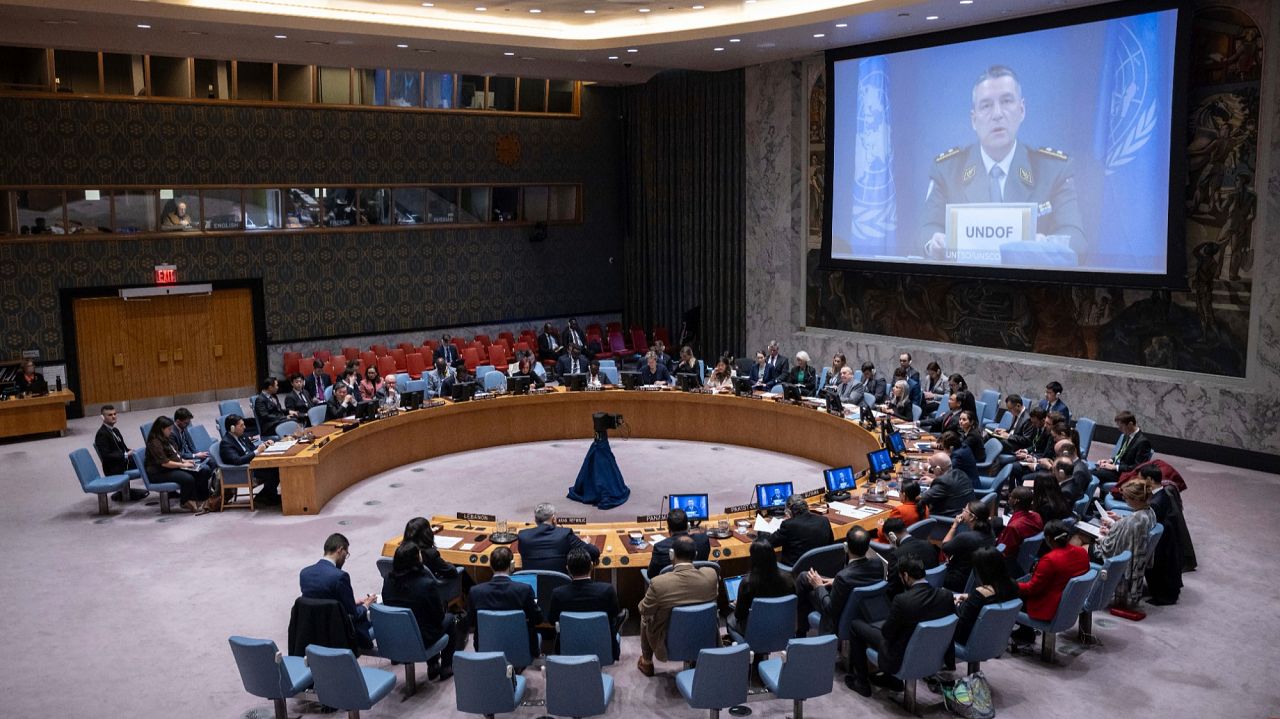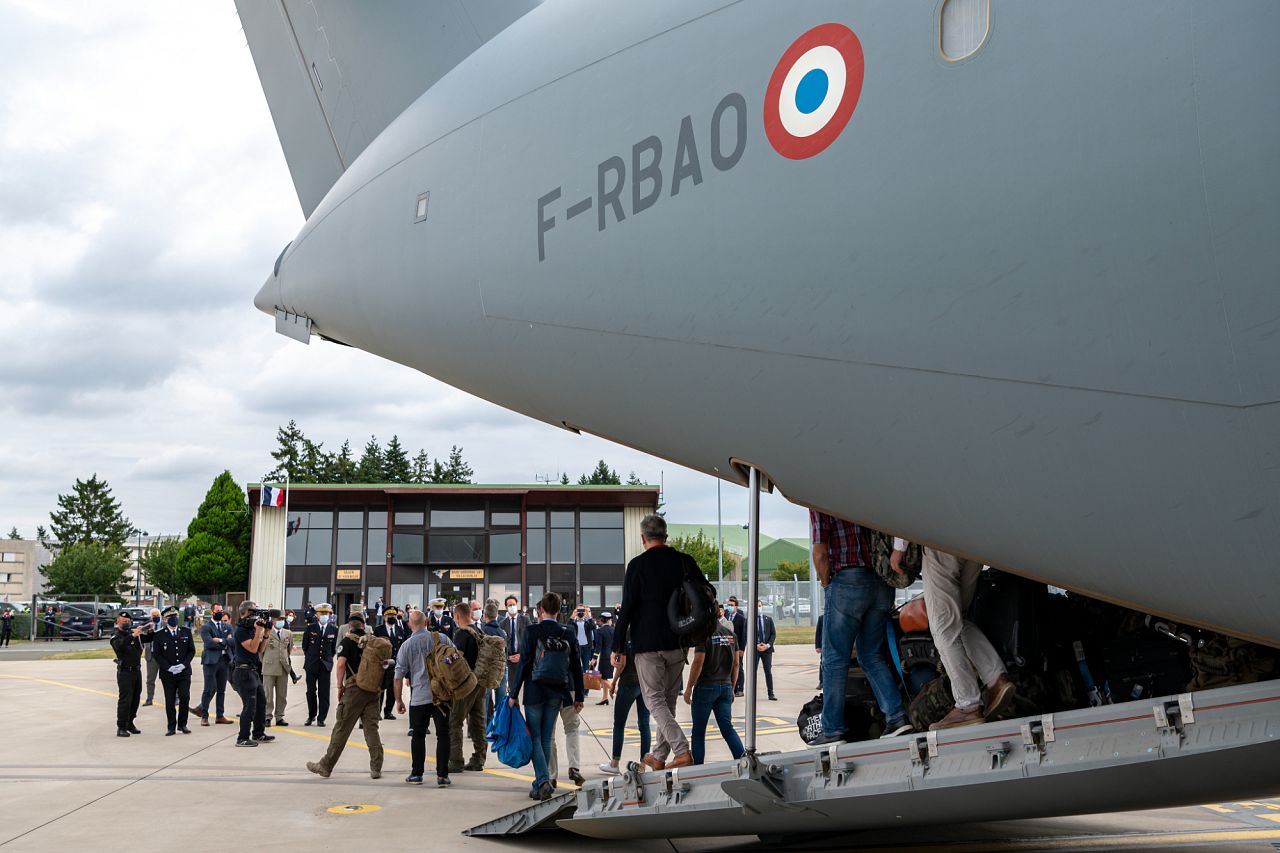
The French are (rightfully) proud of their cheese.
It is seen as a must for any decent family meal, a great economic asset for the country, and perhaps more surprisingly, a fantastic tool of diplomacy.
That is why “diplomacy through cheese” will be one of the roundtables at an unprecedented two-day event by the French foreign ministry which aims to lift the veil on what diplomacy is and counter what is seen as a growing image deficit for the sector.
But unlike say, Roquefort, which is undeniably French, this disconnect between diplomacy and the wider public affects most democratic societies and can have severe ramifications, experts have told Euronews.
“There is indeed a problem with how the profession of diplomat is perceived and what it is used for,” Claude-France Arnould, a former French ambassador to Belgium and senior fellow for defence at the Brussels Institute for Geopolitics, told Euronews.
This is mainly down to the many clichés stubbornly sticking to the profession.
The collective imagination tends to envision the life of a diplomat as one filled with lavish receptions where fancy petits fours are washed down with bottomless Champagne flutes. The kind of life portrayed in Netflix’s ‘The Diplomat’ series and which garnered plenty of criticism from actual diplomats.
The reality, however, tends to be a lot less glamourous.
“It is both an administrative job, a file management job, also a job of intervention in crises, and of promoting the economy, businesses, culture, and language,” Christian Lequesne, professor of political science at Sciences Po, told Euronews.
The many stereotypes have been difficult to dispel precisely because the job is so varied but also because diplomats have traditionally operated behind the scenes, if not in secret.
‘No taboos’
And now, with war back on European soil, a devastating conflict unfolding in the Middle East, an increasingly tit-for-tat foreign policy from Washington and China, more regular attacks on the legitimacy of multilateral organisations, and an intractable global climate crisis, diplomats see their profession as more needed than ever.
A seemingly ambivalent public opinion is not helping.
Enter La Fabrique de la Diplomatie (The Diplomacy factory). The two-day event, which kicked off on Friday in Paris, aims to rectify this perceived image deficit with a packed programme of speeches, roundtables, games and workshops.
Russia’s war in Ukraine, the conflict opposing Israel to Hamas, France’s position towards China, Syria, Iran, Africa, or even the US will all be under the spotlight. But some of the events will also seek to break down how large multilateral organisations like the United Nations or the EU work and are organised. Talks on international justice, cultural or feminist diplomacy, soft power and yes, even diplomacy through cheese, also made it in.
High-profile figures such as Jean-Noël Barrot, the country’s foreign affairs minister, will attend. But one of the events expected to be especially popular is a speed-dating exercise with sitting ambassadors where people will be able to ask them whatever they want over coffee.

“It is clear that in the current context, which is particularly anxiety-provoking in every respect, especially for young people, La Fabrique was first and foremost conceived as an educational exercise, with the aim of explaining major geopolitical issues,” Didier Le Bret, director of the Diplomatic and Consular Academy at the French ministry of foreign affairs and the brain behind the event, told Euronews.
“We approached the topics frankly, without any taboos. We deliberately chose to cover all the issues that rightly concern the French people,” he added.
But there are at least two other aims.
The first one is to make people understand that diplomacy is not confined to the highest global political stages only, and that culture, business, and academia also play a very important role in boosting soft power, as well as to remind people that diplomats’ roles extend to assisting and protecting their country’s citizens wherever they are – France has the third largest diplomatic network in the world after China and the US with some 160 embassies.
And the other goal is to “forge a bond” with citizens, Le Bret said.
“The French should realise that with less than 1% of the national budget, we do a great deal,” he added. “Every euro invested in the Quai d’Orsay (the Foreign Ministry) generates many more euros that subsequently return to the pockets of French citizens through the economic successes we achieve. That is also what we will try to demonstrate.”
A message particularly important for the French foreign ministry given its budget was trimmed in 2025.
How politicians impact diplomacy too
Organisers of La Fabrique expect at least 20,000 to 30,000 people to come over the two days. The enthusiasm can in part be attributed to the overall climate of anxiety, Arnould suggested.
“I believe it is much more difficult to understand diplomacy when everything is going well. And I think that we understand diplomacy much better in times of major strategic crises such as the one we are seeing today,” she said.
Winning over public opinion, however, might not be enough, she added. The problem is that diplomacy is also suffering from growing distrust from some high-level politicians, with US President Donald Trump the prime example.
This observation is shared by Sciences Po’s Lequesne, for whom the emergence of “populist modes of governance” is to blame.
Leaders such as Trump, but also former Brazilian President Jair Bolsonaro or Hungarian Prime Minister Viktor Orban, he said, “essentially tell us that they are the ones who conduct diplomacy, and they do so at the highest levels without the help of diplomats”.

“Very often, populist leaders dislike diplomatic professionals because they consider them to be rational experts, whereas they themselves prefer a more emotional approach,” he added.
For its organisers, La Fabrique is not just a one-off but rather one in a series of ongoing initiatives to raise the profile of the diplomatic service.
First is that the ministry itself is now opening its doors to visitors. Another is that monuments and buildings that are linked to diplomatic failures or successes will get a special label, while some 100 ambassadors have also been asked to return to their high schools in the coming months to talk to young people.
All this to ensure that as wide an audience as possible understands just how the diplomatic sausage, or in this case cheese, is made.